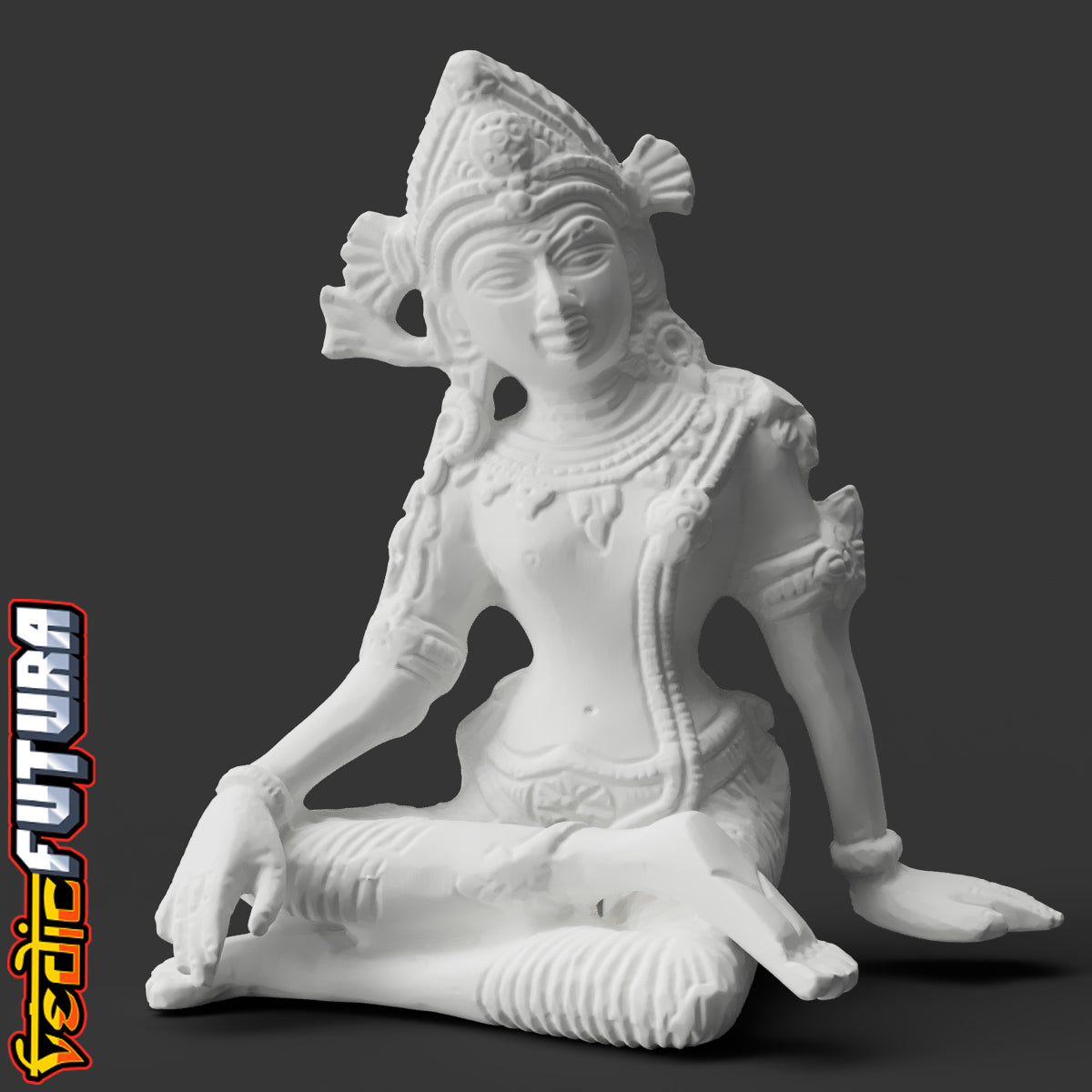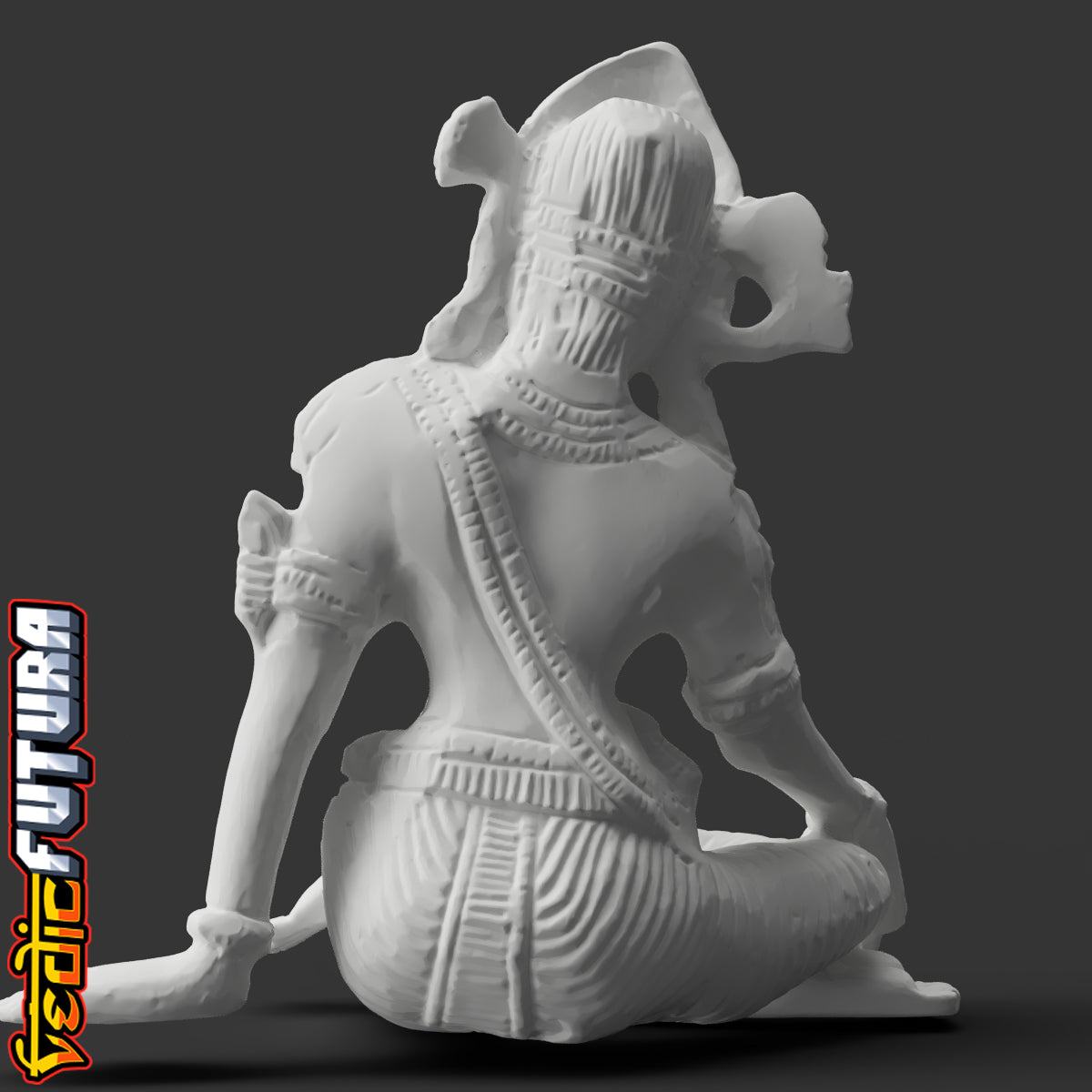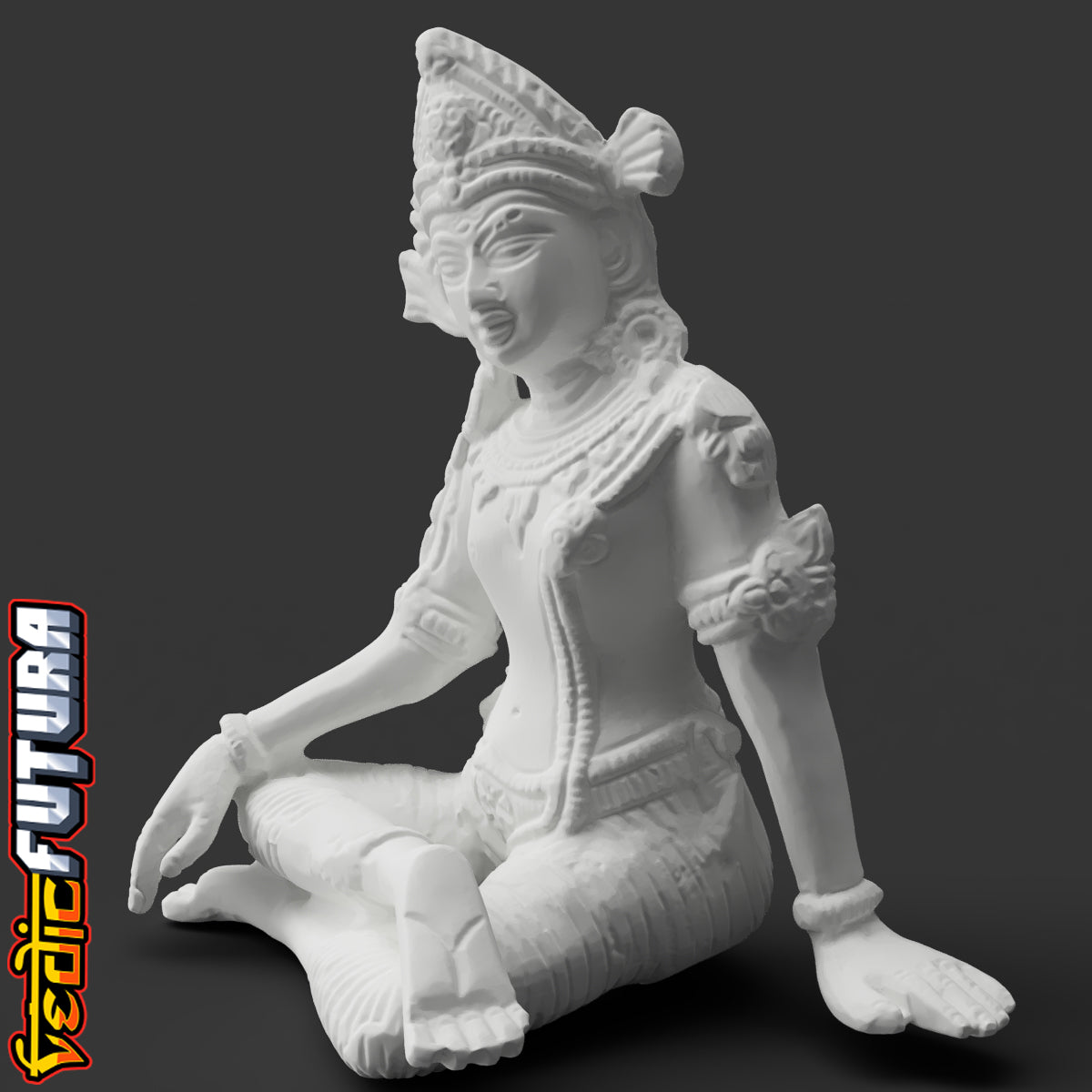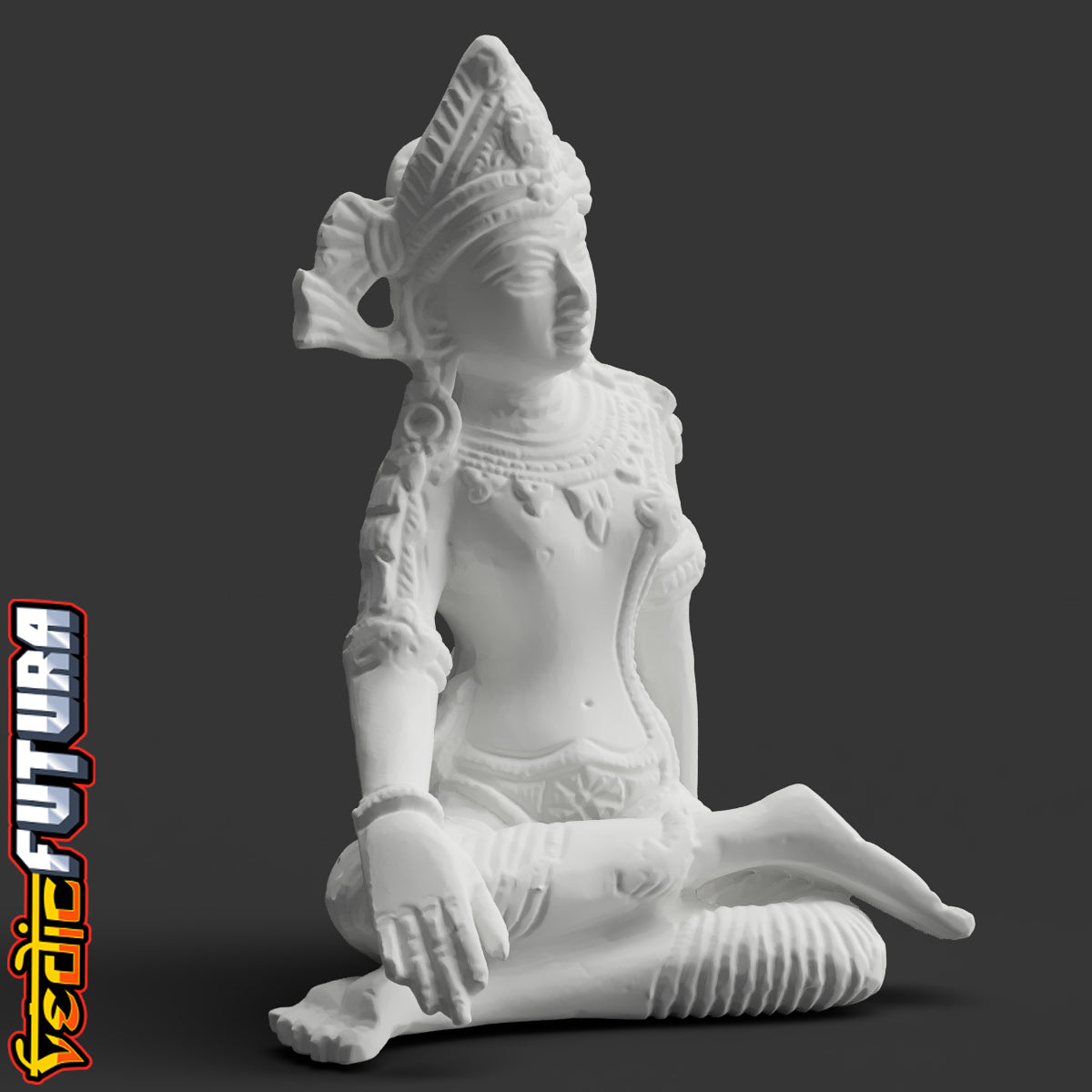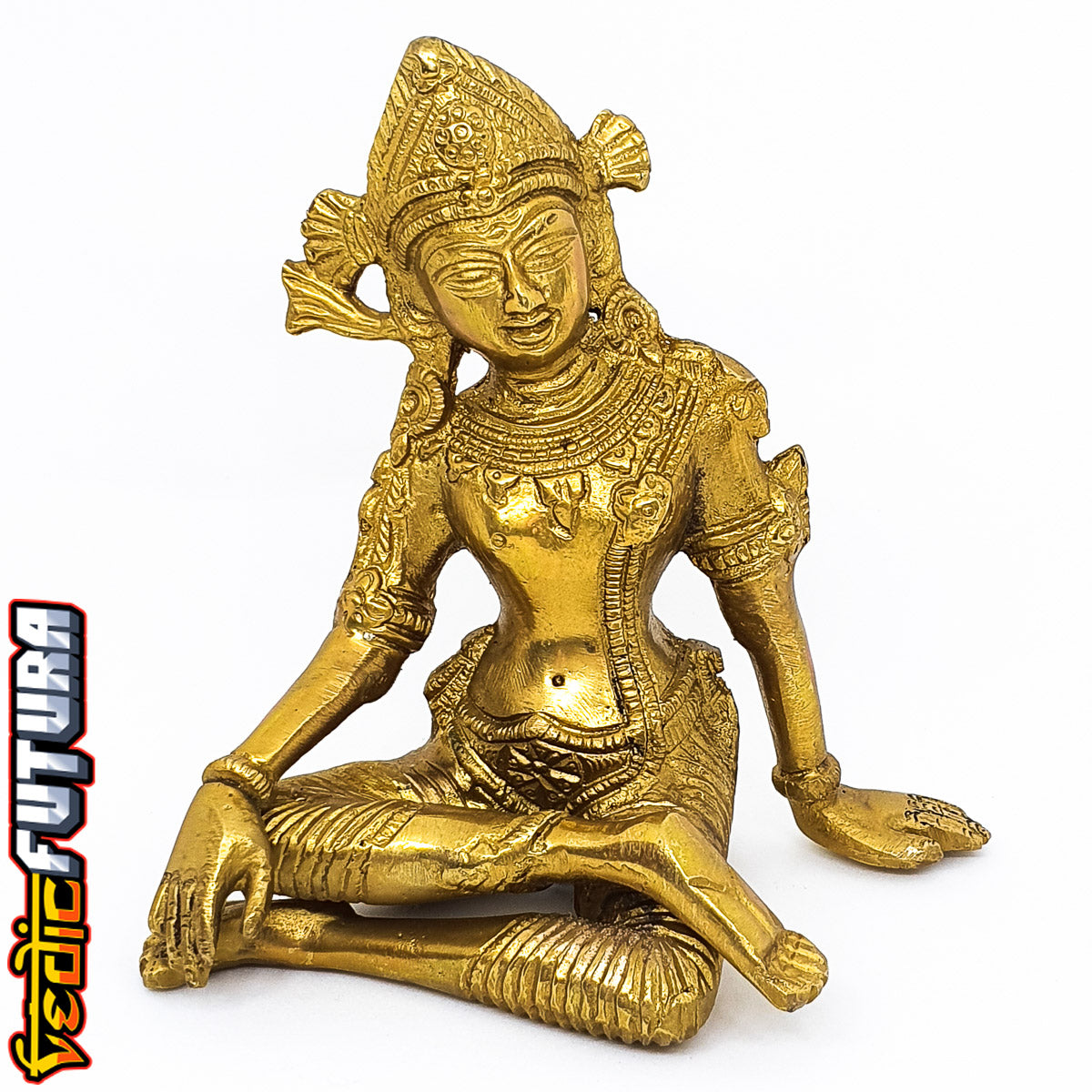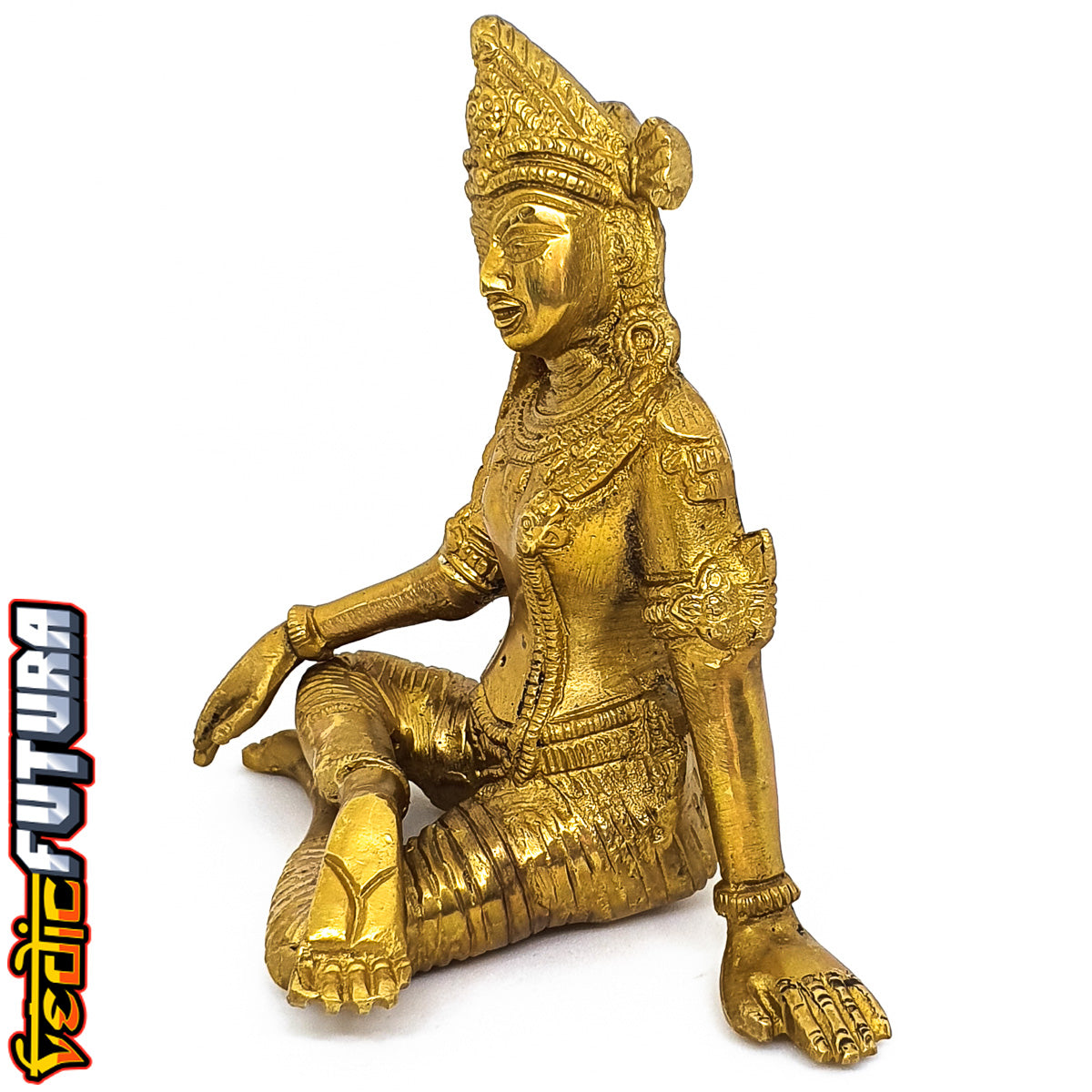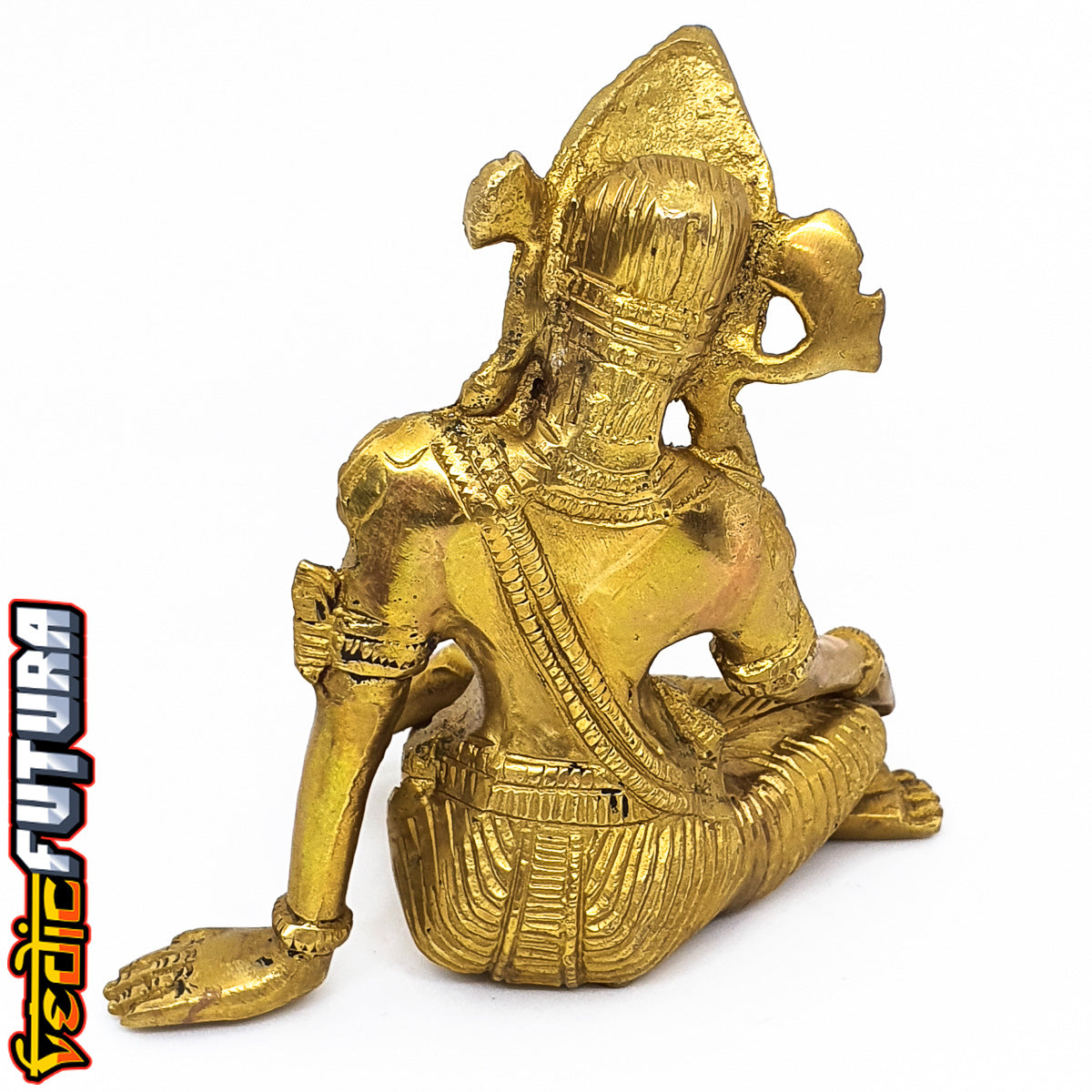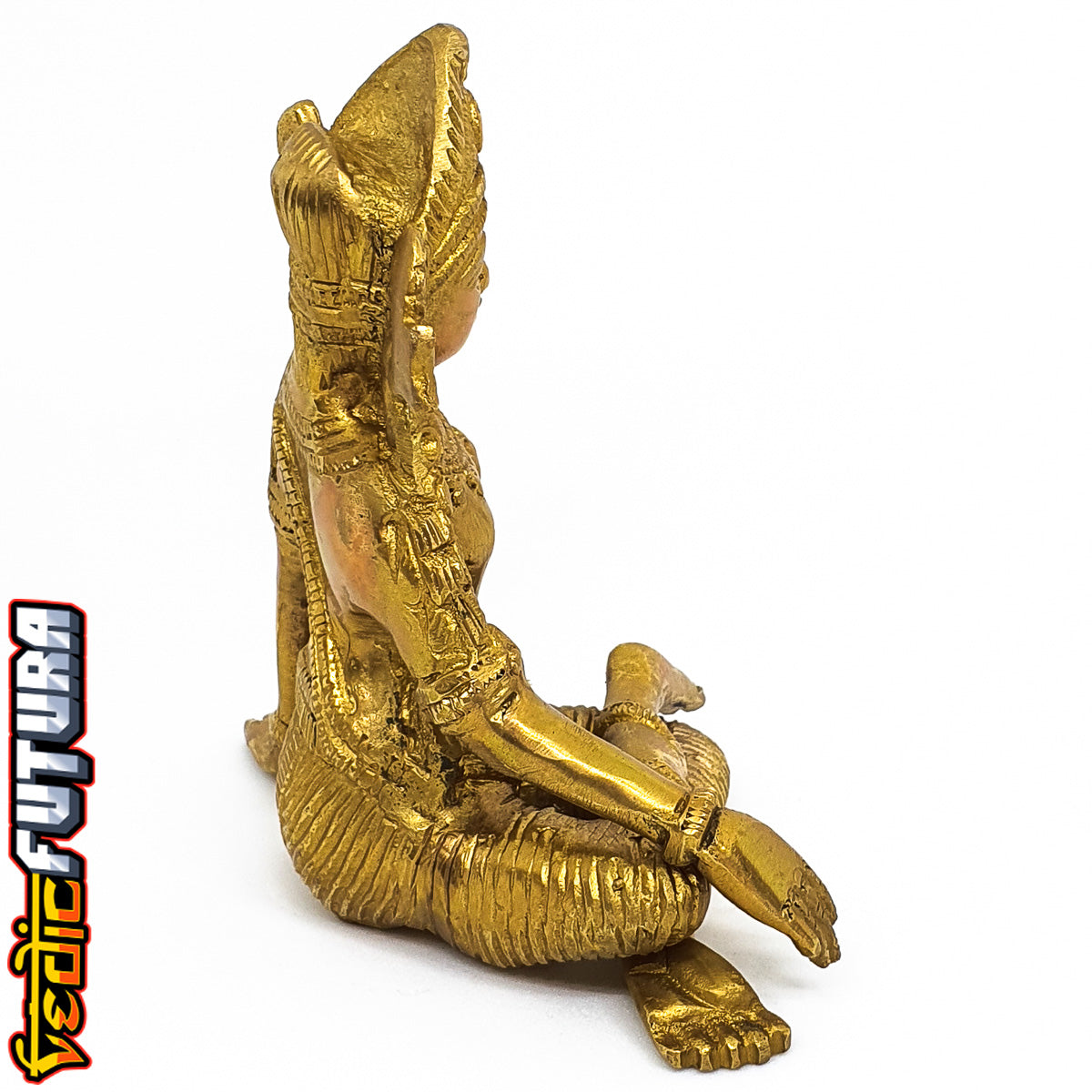Indra - King of Gods
Indra - King of Gods
Regular price
Rs. 129.00
Regular price
Sale price
Rs. 129.00
Unit price
per
Couldn't load pickup availability
Indra is an ancient Vedic deity in Hinduism. He is the king of Svarga (Heaven) and the Devas (gods). He is associated with lightning, thunder, storms, rains, river flows and war. Indra's mythology and powers are similar to other Indo-European deities such as Jupiter, Perun, Perkūnas, Zalmoxis, Taranis, Zeus, and Thor, suggesting a common origin in Proto-Indo-European mythology. Indra's significance diminishes in the post-Vedic Indian literature, but he still plays an important role in various mythological events. He is depicted as a powerful hero but one who constantly gets into trouble with his drunken, hedonistic and adulterous ways, and the god who disturbs sages as they meditate because he fears self-realized human beings may become more powerful than him. Indra's iconography shows him wielding a lightning thunderbolt weapon known as Vajra, riding on a white elephant known as Airavata.
The similarities between Indra of Vedic mythology and of Thor of Nordic and Germanic mythologies are significant, states Max Müller. Both Indra and Thor are storm gods, with powers over lightning and thunder, both carry a hammer or an equivalent, for both the weapon returns to their hand after they hurl it, both are associated with bulls in the earliest layer of respective texts, both use thunder as a battle-cry, both are protectors of mankind, both are described with legends about "milking the cloud-cows", both are benevolent giants, gods of strength, of life, of marriage and the healing gods.
In China, Indra (帝釋天 Dìshìtiān) is regarded as one of the twenty-four protective devas (二十四諸天 Èrshísì zhūtiān) of Buddhism. In Chinese Buddhist temples, his statue is usually enshrined in the Mahavira Hall along with the other devas. In Japan, Indra (帝釈天 Taishakuten) is one of the twelve Devas, as guardian deities, who are found in or around Buddhist temples (十二天Jūni-ten)
The similarities between Indra of Vedic mythology and of Thor of Nordic and Germanic mythologies are significant, states Max Müller. Both Indra and Thor are storm gods, with powers over lightning and thunder, both carry a hammer or an equivalent, for both the weapon returns to their hand after they hurl it, both are associated with bulls in the earliest layer of respective texts, both use thunder as a battle-cry, both are protectors of mankind, both are described with legends about "milking the cloud-cows", both are benevolent giants, gods of strength, of life, of marriage and the healing gods.
In China, Indra (帝釋天 Dìshìtiān) is regarded as one of the twenty-four protective devas (二十四諸天 Èrshísì zhūtiān) of Buddhism. In Chinese Buddhist temples, his statue is usually enshrined in the Mahavira Hall along with the other devas. In Japan, Indra (帝釈天 Taishakuten) is one of the twelve Devas, as guardian deities, who are found in or around Buddhist temples (十二天Jūni-ten)
Please Note: This is a digital 3D model (STL/3mf file) for 3D printing – not a physical object.
No physical product will be shipped.
After purchase, download links will be shown on your screen and sent to your email.
Please read the full website description and terms before purchasing.
